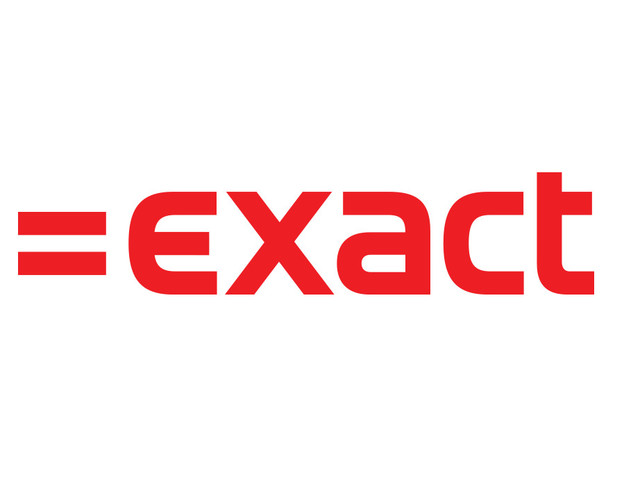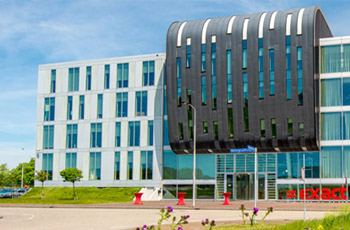News
"These days, employers need to be doing more to get people interested"

Changing definition of talent
While in the past, we mainly looked at a CV to determine someone's capabilities and talents, talent has a much broader definition nowadays. Florien de Nijs: "Previously, to be considered a talent, you needed to be able to present official qualifications and relevant prior positions. All your talent, or potential, was basically equivalent to your CV. Today's definition of talent is broader. We are much more interested in the human behind the CV, in traits that aren't the result of training or education. This is a good thing, because everyone has their own talents. These are intrinsic, things for which you have a natural aptitude and an ability to inspire others. Some people are very creative, while others may be empathetic, analytical or good at forging connections. We say, 'At Exact, there are as many personalities as there are people', and that says it all. Everyone has something unique to offer."
New ways of managing
This changing view of what talent is requires new ways of managing, a new type of employer. "After all, you must first know your people well to be able to discern their talents and put them to good use", Florien continues. "That means that instead of a top-down style, leadership needs to be based more on equality and personality. Important questions we ask our people at Exact: How are you doing? What brings you happiness? What do you need from me as a manager to achieve that? Also, we ask these questions on a regular basis, not just once a year. We have consciously redesigned our assessment system to make the switch from feedback to feed forward, to servant leadership. That way, there's much more space for our people to discuss, develop and strengthen their talents. This also creates room for specialists, experts in their field who grow by deepening their existing skills. Promotions don't always have to mean moving on to a management role. This will have interesting consequences for managers, as increasingly, their team members' expertise may exceed their own."



